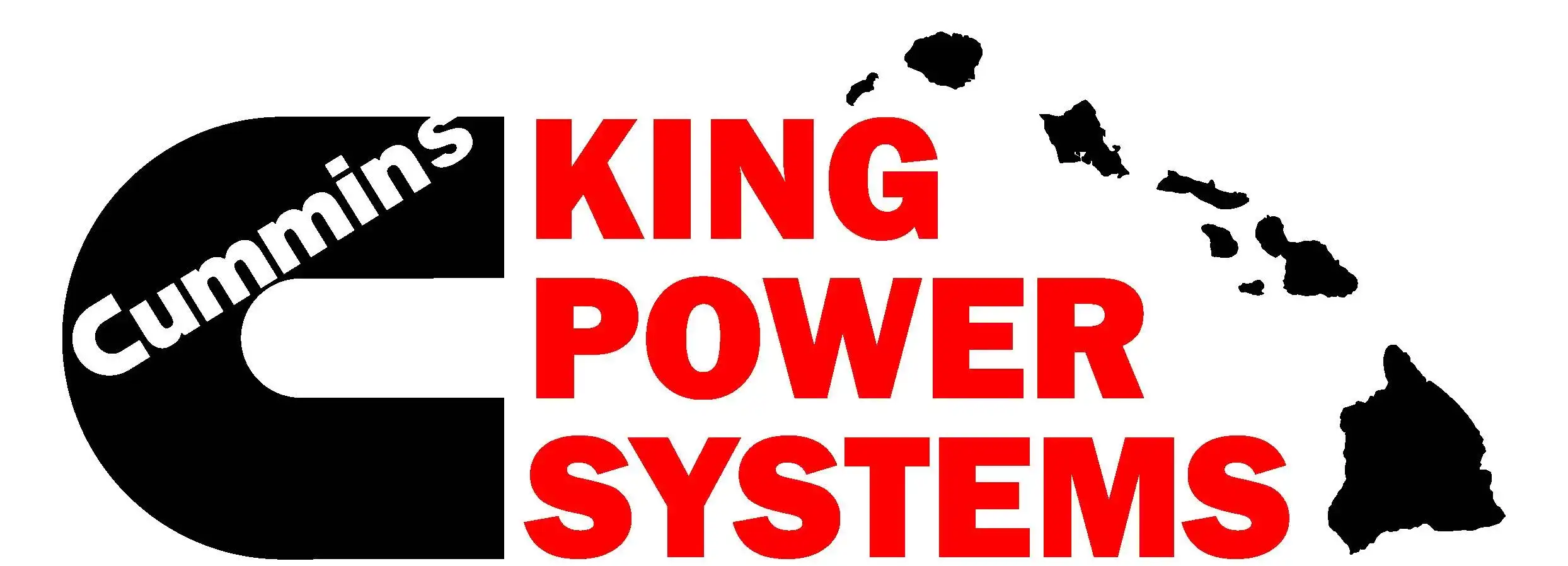One Case of “Delta” Variant Detected in Hawai‘i by State Lab

The Hawai‘i Department of Health’s State Laboratories Division has confirmed the SARS-CoV-2 variant B.1.617.2, also known as the Delta variant in the islands. This strain of COVID-19 was first detected in India, where the virus sparked a public health crisis in April and May.
The Delta variant now makes up approximately 6% of all cases in the United States.
The State Laboratories Division routinely monitors for variants through genome sequencing surveillance.
The variant was detected in a specimen from an O‘ahu resident, who traveled to Nevada in early May; the Delta variant was reported in Nevada in May. State officials say the person was fully vaccinated for COVID-19 prior to travel and had a negative SARS-CoV-2 test prior to departing Nevada. The person developed mild symptoms consistent with COVID-19 several days after returning to Hawai‘i and tested positive for SARS-CoV-2.
The individual was isolated and household and close contacts were quarantined. To date, there is no evidence of household transmission or secondary cases.
“Early evidence suggests the Delta variant might spread more quickly than other SARS-CoV-2 strains,” said State Laboratories Division Administrator Edward Desmond. “There are reports the Delta variant produces a higher rate of severe illness than original COVID-19, but we do not yet have enough evidence to support that conclusion.”
The Centers for Disease Control and Prevention categorizes the Delta variant as a variant of concern. The health department is working with other states and the CDC to learn more about the characteristics of the Delta variant. However, the COVID-19 vaccines authorized for use in the United States offer protection against most variants currently spreading in the United States.
“The vaccines not only help protect against infection, they protect against severe illness,” said State Health Director Dr. Elizabeth Char. “While this is one of those very rare breakthrough cases in which the vaccine did not prevent infection, the infected person did not suffer severe illness.”
The State Laboratories Division began genome sequencing of SARS-CoV-2 in June 2020. It now examines 50 to 100 specimens a week and has developed a testing algorithm designed to find variants in a timely manner.
“We encourage everyone who is eligible to please get vaccinated to help stop the spread of COVID-19 and its variants. The vaccines are free and widely available,” Char said.










